Archives: Projects
-

Gender equality, social inclusion and empowering women entrepreneurs in Bangladesh
Gender equality, social inclusion and empowering women entrepreneurs in Bangladesh Project Gender equality, social inclusion and empowering women entrepreneurs in Bangladesh Project status Completed Core country Bangladesh Project vision To ensure gender and social inclusion (GESI) were incorporated into a project supporting the transition to net-zero through electric vehicles (EVs) in Bangladesh. The project was…
-
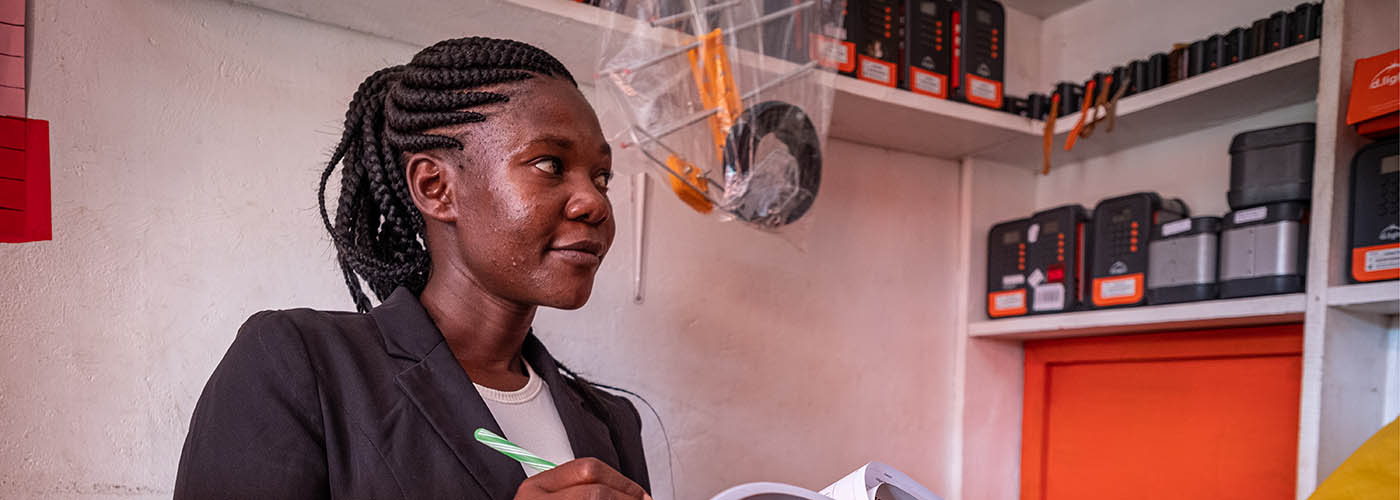
Gender mainstreaming in EnDev’s energy access projects
Gender mainstreaming in EnDev’s energy access projects Project Gender Mainstreaming in Energising Development (EnDev) Energy Access Projects Project status Completed Core countries Bolivia, Ethiopia, Kenya, Tanzania, Uganda, and Global Project aim To strengthen the knowledge of EnDev country-level programs to ensure their processes and actions enable women, as well as men, to participate in…
-

Gender inclusive financing
Gender inclusive financing Project Research and guidance to help financiers better serve women-led enterprises in the renewable energy value chain. Project status Completed Region Sub-Saharan Africa Project vision Empowering financiers and investors with the tools and resources to enable gender-inclusive financing and better serve women’s micro and small enterprises in the renewable energy value chain.…
-
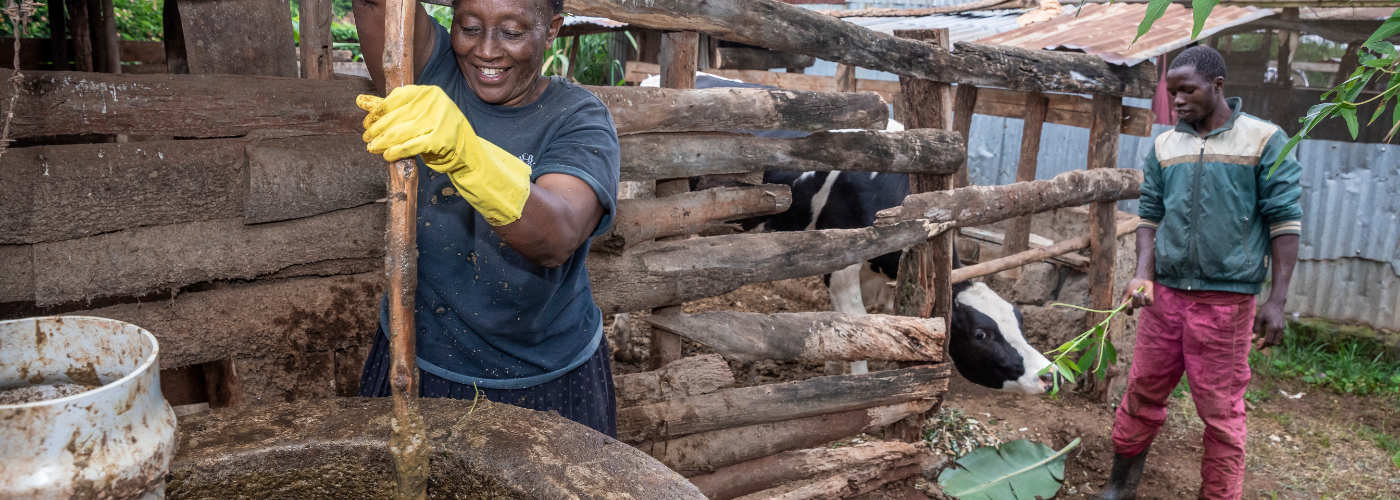
Strengthening the entrepreneurial ecosystem for clean cooking
Strengthening the entrepreneurial ecosystem for clean cooking Building a strong and equitable clean cooking sector is vital for the health and livelihoods of more than two billion people who still use traditional, polluting forms of biomass for cooking. Women must be at the center of this transition. Project status Active Vision Strengthening the Entrepreneurial…
-
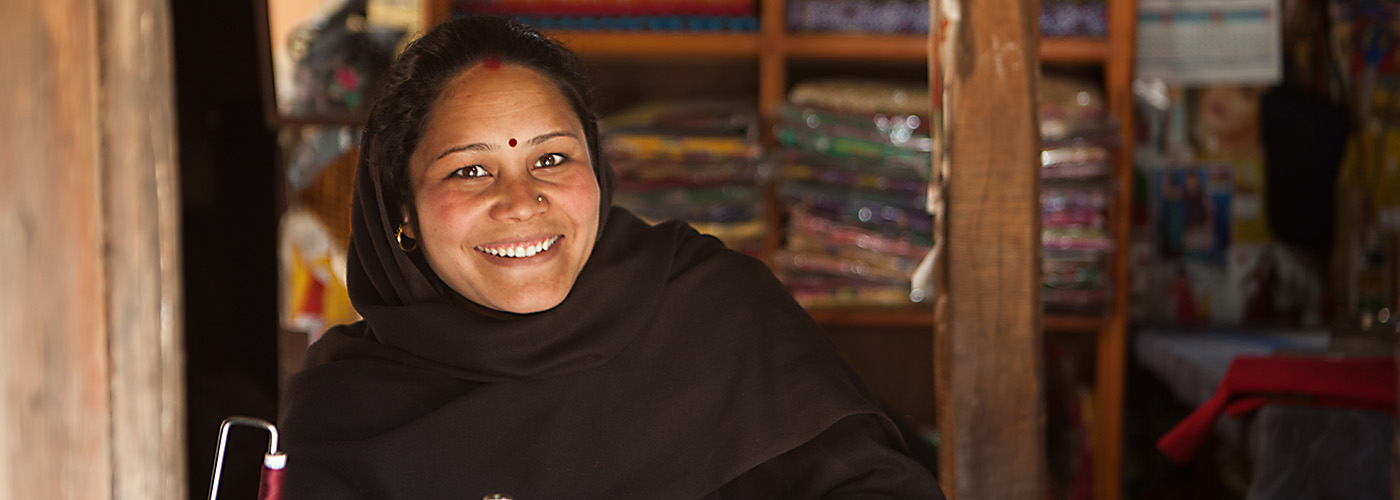
Gender equality and social inclusion in Nepal’s energy sector
Gender equality and social inclusion in Nepal’s energy sector Transforming lives through energy empowerment: By working with the Nepalese Energy Authority (NEA) to improve gender equality and social inclusion (GESI) within the energy sector and among energy users, we can enhance the livelihoods and future prospects of women and marginalized groups in Nepal. Project status…
-

Women driving the energy transition and climate justice
Women driving the energy transition and climate justice At ENERGIA, we believe that by enabling and supporting women to play a leading role in the energy transition – from strategy and decision making to energy entrepreneurship and distribution – we can drive essential progress towards a more equitable, sustainable world. By prioritizing gender equality and…
-
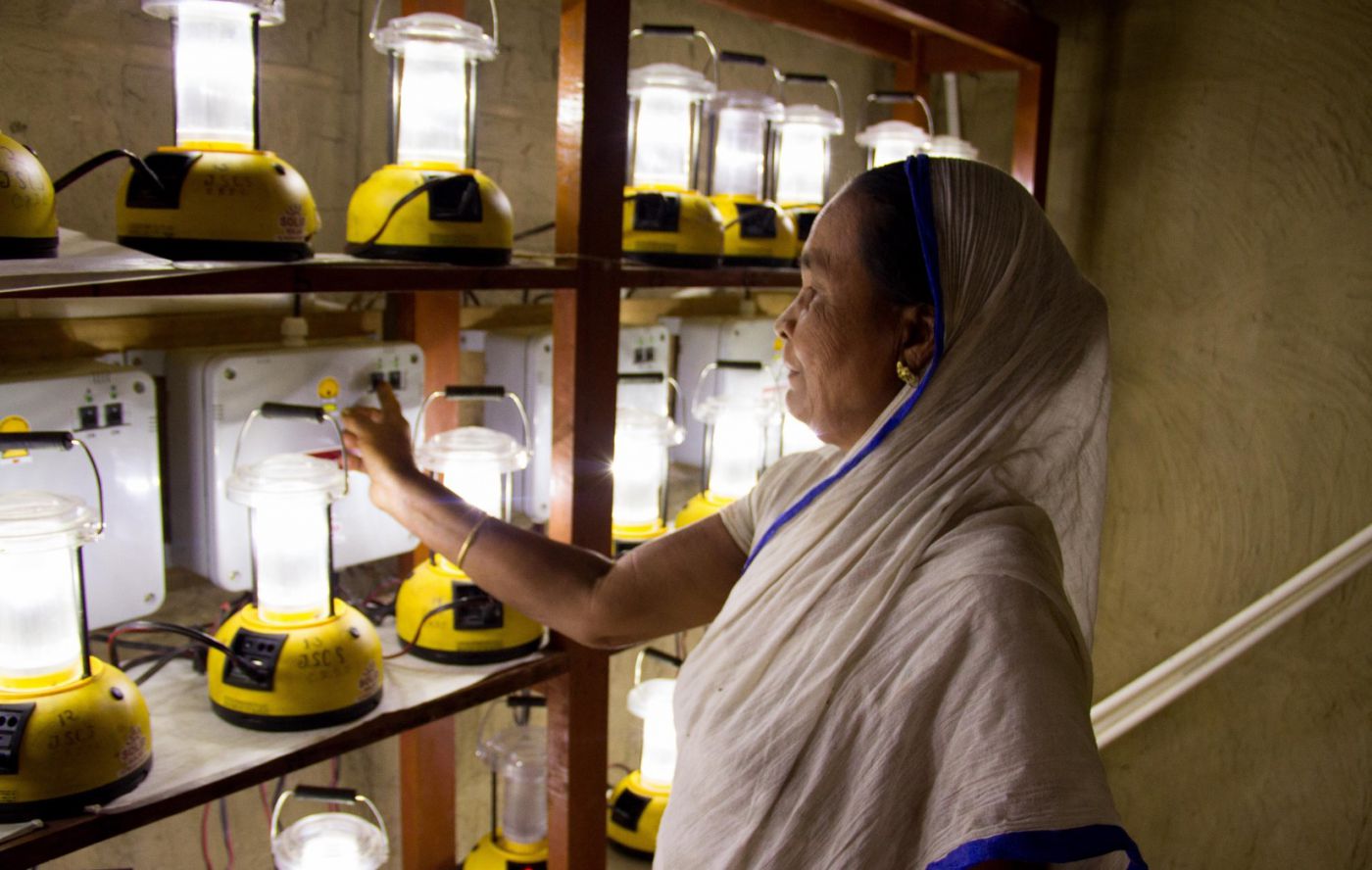
Research Project 1: Exploring factors that enhance and restrict women’s empowerment through electrification
Research Project 1: Exploring factors that enhance and restrict women’s empowerment through electrification Exploring factors that enhance and restrict women’s empowerment through electrification Universal energy access and gender equality are inextricably linked. Empowered women can help advance global energy initiatives, and energy initiatives can help empower women. On the other hand, studies have shown that…
-

Research Project 2: Productive uses of energy in the street food sector
Productive uses of energy in the street food sector In Senegal, South Africa, and Rwanda, the street food sector is one of the few industries that employs more women than men—on average, 63% of businesses in the industry are owned by women. This means that targeting the street food industry with energy access projects has…
-

Research Project 3: Gender factor in political economy of energy sector dynamics
Gender factor in political economy of energy sector dynamics The requirements of modern energy use can be broken down into three parts – availability on a national level, access on a community or household level, and use on a personal level. Even when clean energy is available, it’s not always easily accessible, and even if…
-

Research Project 4: Gender and fossil fuel subsidy reform
Gender and fossil fuel subsidy reform Attempts to alleviate poverty and achieve universal energy access have often taken the form of fuel subsidies, which are usually focused on specific types of fossil fuels rather than on outcomes. In general, fossil fuel subsidies are ineffective in combating climate change and reducing the harmful side effects of…
-
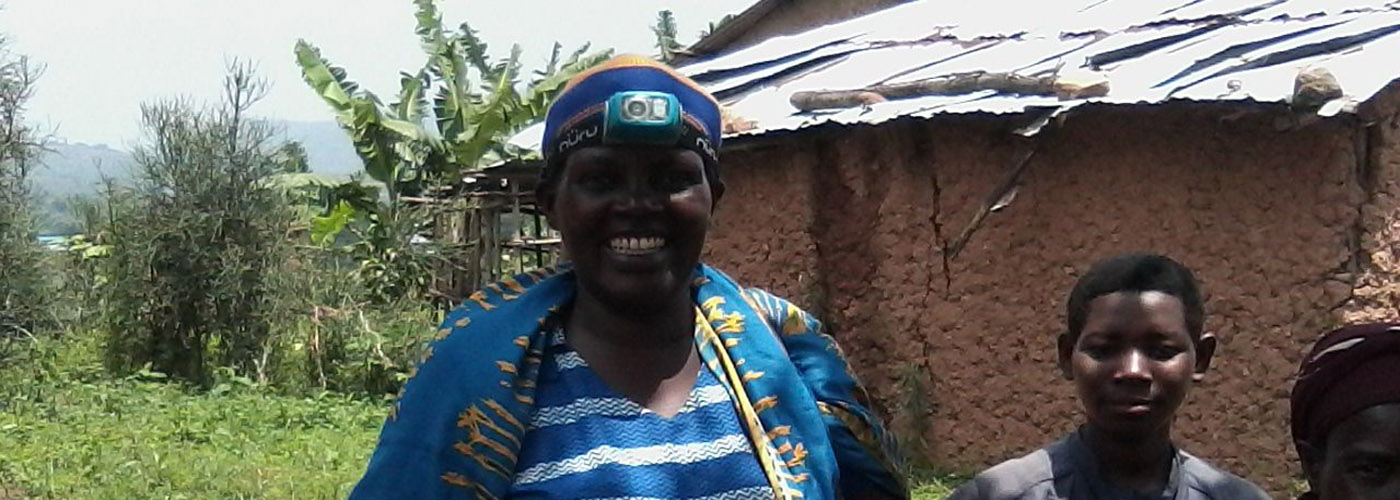
Research Project 5: Female microenterprise creation and business models for private sector distribution of low-cost off-grid LED lighting
Female microenterprise creation and business models for private sector distribution of low-cost off-grid LED lighting Gender quotas are an effective way to ensure that new energy supply systems promote gender equality rather than reinforcing old roles. However, there’s often a fear that energy initiatives helmed by women will be less successful or productive in countries…
-

Research Project 6: Unlocking the benefits of productive uses of energy
Unlocking the benefits of productive uses of energy Electricity can increase productivity, create new jobs and businesses, and reduce the time spent on unpaid work. However, research shows that access to electricity alone is insufficient to trigger productive uses—things like skill training, financing to purchase equipment, and access to markets are also necessary. Because men…

